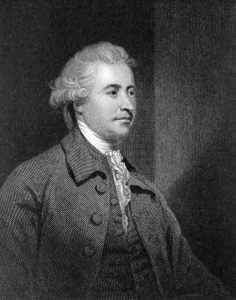In among last night’s caterwauling of queasy-looking Johnson supporters and indignant anti-Brexit MPs, one quote stood out. Ian Blackford, the Scottish Nationalist Party leader and chief Brexit hater gave more away than he perhaps realised when he declared: “The Prime Minister has tried to rob the people of their power. Now it’s our time to rob him of his.” What Blackford meant was that Johnson’s move to prorogue Parliament had robbed power away from Parliament, and now that Parliament was going to steal the power back from the Prime Minister by undermining the executive.

This is not just a parliamentary parlour game. Blackford’s point raises an important question about the nature of British politics: who holds the power in a democracy? True, Johnson’s move to prorogue was a sore reminder to all republicans (myself included) that the monarchy still plays an outdated roll in political decision making. But it is difficult to listen to Remainers complain about the Prime Minister abusing democracy when their motives are to stop a democratic mandate in the shape of Brexit. The real question here is, how much power do MPs truly have, and how should they use it?
In Bristol in 1774, the Whig MP Edmund Burke outlined the now accepted role of parliamentarians when he told voters: “Your representative owes you, not his industry only, but his judgment; and he betrays, instead of serving you, if he sacrifices it to your opinion.” This is what anti-Brexit politicians mean when they say they are acting in the best interests of the country. They will not sacrifice to the opinion of the masses by enacting the Brexit vote: instead, they will exercise their expert judgment and do what they think is best.
I prefer the view of the politician’s role that the revolutionary Thomas Paine gave, namely that politicians should be directly answerable to their electors – and carry out their decisions without question or quibble. Paine described Burke’s outlook rather well in The Rights of Man in 1791, when he said that Burke considered mankind, “a herd of beings that must be governed by fraud, effigy, and show”.
With the prospect of a general election looming, we’ll soon find out which version the voters prefer.

 Main Edition
Main Edition US
US FR
FR







Join the discussion
Join like minded readers that support our journalism by becoming a paid subscriber
To join the discussion in the comments, become a paid subscriber.
Join like minded readers that support our journalism, read unlimited articles and enjoy other subscriber-only benefits.
Subscribe